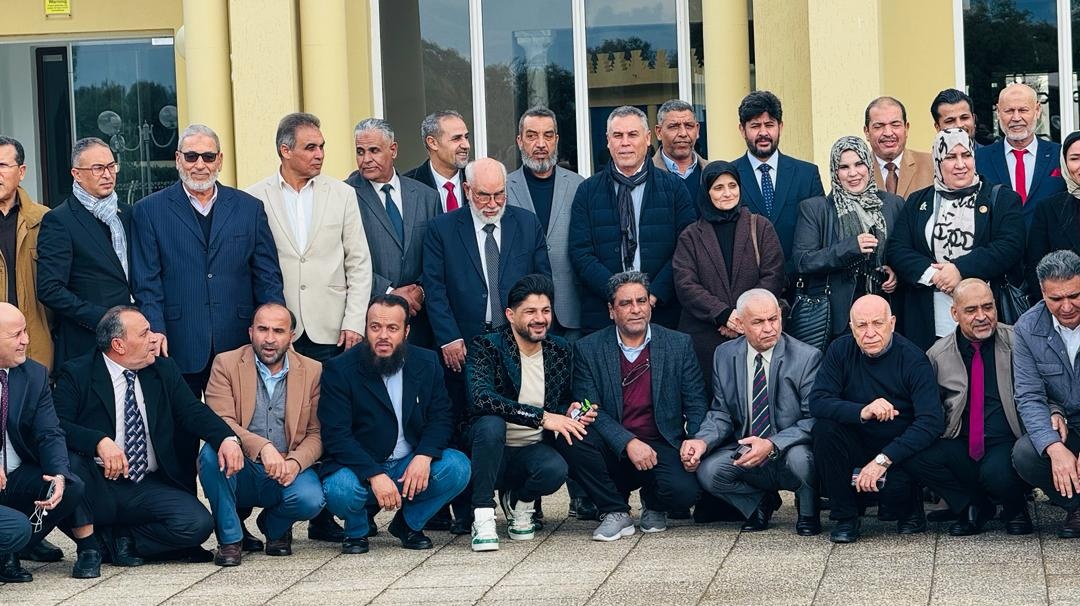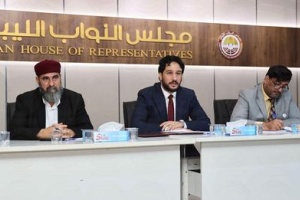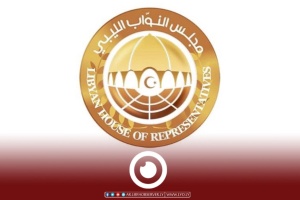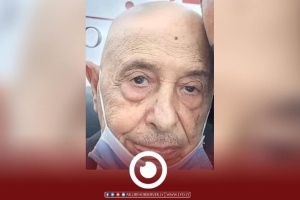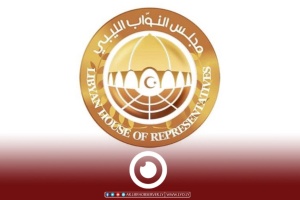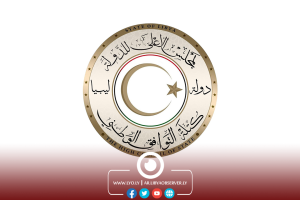Conflicting reports coming from Tunisia talked about a meeting between representatives of the House of Representatives and the High Council of State to discuss the issue of elections and the formation of a unified government to lead the next period in Libya.
While Tunisian sources confirmed that the Tunisian government canceled the meeting; the member of the House of Representatives, Abdul Salam Nassiyah, confirmed that the meeting was held and ended with recommendations regarding the next stage.
Tunisian media reported that Tunisia canceled a meeting of members of the Libyan House of Representatives and the High Council of State as well as members of the “6+6” Joint Committee that was scheduled to discuss the file of forming a new government that would end the conflict between the Government of National Unity headed by Abdul Hamid Dbeibah and the government appointed by the House of Representatives, which It is headed by Osama Hammad.
Tunisian Radio EFM quoted Ghazi Mualla, a specialist in Libyan affairs, as saying that the Tunisian authorities prevented a meeting that was scheduled to be held Wednesday on its territory over two days in the Gammarth suburb to discuss the method of changing the government in Tripoli.
Mualla explained that this meeting of 120 Libyans was unofficial, and the mistake goes back to the committee that coordinated its organization, given that it did not contact the Tunisian authorities nor the Libyan ambassador in Tunisia to obtain a license. He added that he contacted the organizing committee a week ago and urged it to obtain the license, but to no avail.
Mualla suggested that Tunisia's prevention of the meeting, which was preceded by calls from members of the two councils to remove Dbeibah, was because it felt embarrassed by the sensitivity of the issue, and that it did not want to be accused of changing the Libyan authority, especially since the meeting was not under international cover or under the supervision of the United Nations.
Meanwhile, the member of the House of Representatives from Zintan, Abdul Salam Nasiyah, said on his Facebook page: “More than 120 members of the House of Representatives and the High Council of State met on Wednesday to discuss the political impasse, ways to activate the electoral process, and confirm ownership of the political process by Libyans.
He confirmed that the participants agreed on a report that included the agreed-upon issues and the mechanism for their implementation, as well as a political statement about the meeting, the reasons for holding it, and the difficulties that faced holding it.

